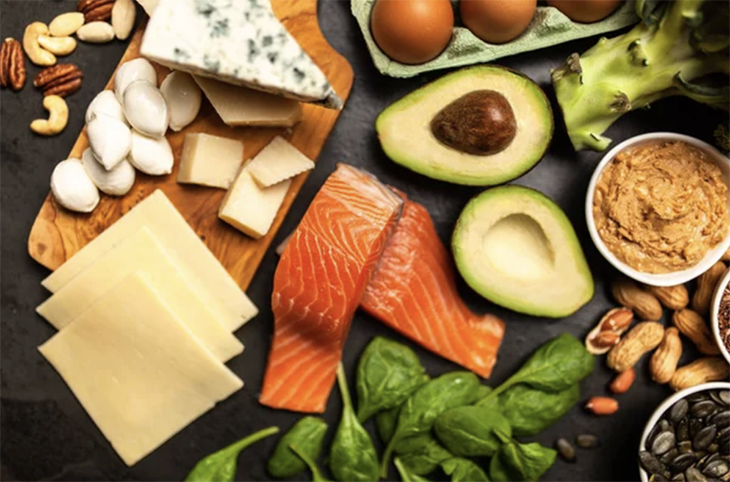Study Learns That Switching To Keto Or Vegan Diets May Quickly Impact The Immune System

Individuals who harbor uncertainty regarding the adoption of radical dietary changes, such as transitioning to a vegan or keto diet, may find newfound motivation in light of recent research indicating potential rapid alternations in the immune system.
This study offers insight into how these dietary shifts may influence immune function.
Vegan diets, characterized by the exclusion of all animal products and typically low in fat, stand in contrast to keto diets, which emphasize high-fat animal proteins while restricting carbohydrate intake.
Researchers conducted a study wherein 20 participants followed each of these diets for two-week intervals, allowing for a comprehensive examination of their effects on the immune system. Analysis of blood, urine, and stool samples revealed impacts on different aspects of immune response.
Results published in Nature Medicine demonstrated that the vegan diet notably influenced innate immunity, responsible for the body’s continuous defense against pathogens. Conversely, the keto diet exhibited effects on adaptive immunity, which involves the body’s targeted response to specific pathogens, typically acquired through illness or vaccination.
Lead study author Verena Link, PhD, a bioinformatics specialist at the National Institutes of Health, said, “It was quite remarkable that such a short dietary intervention, only two weeks, could remodel the immune system of all participants independently of their age, gender, body mass index, ethnicity, or race.”
Changes in Diet Resulted in a ‘Rapid Impact’ on the Immune System
“The fact that nutrition could have such a dominant and rapid impact on immunity was a real surprise to us,” Dr. Link adds.
While the study sheds light on these dietary interventions’ effects on immune function, several caveats merit consideration. Notably, the investigation did not assess participants’ prior dietary habits, nor did it evaluate the direct impact of switching to vegan or keto diets on infection susceptibility or illness prevention.
Moreover, the study did not delineate whether the observed shifts in immune function were inherently positive or negative.
Samantha Heller, RD, a registered dietitian and exercise physiologist from New York City who wasn’t involved in the study, highlights the potential for both beneficial and adverse effects resulting from these dietary changes.
“A boosted immune system may not be a positive effect, because for example, autoimmune diseases appear to be the result of an immune system in overdrive, a malfunction,” Heller says.
She also adds that the keto diet in particular may leave people deficient in certain nutrients. “A balanced body, dietary pattern, lifestyle, and immune system is what we should strive for.”
Premature to Advocate for A Diet to Enhance Immune Health
Michal Melamed, MD, a professor of medicine at New York University, who was not part of the study, emphasizes that without further understanding of the long-term impacts of these diets on immune health in larger population samples, it is premature to advocate for their adoption solely for this purpose.
“It may be a little early to give recommendations about diet as related to immune function based on this analysis,” Dr. Melamed says.
Additionally, sustaining adherence to vegan or keto diets over extended periods may pose challenges, and sporadic adherence may not yield the same immune-modulatory effects observed in the study, notes Matthew Carter, a PhD candidate in microbiology and immunology at Stanford University.
Consequently, while the study offers valuable insights, a nuanced understanding of the broader context surrounding dietary interventions and immune health is essential for informed decision-making.
“I think sustainability of dietary changes also matters a great deal. If a diet is so restrictive that you can’t stick with it for a period of time, then it’s probably not a good fit for you,” Carter says.



